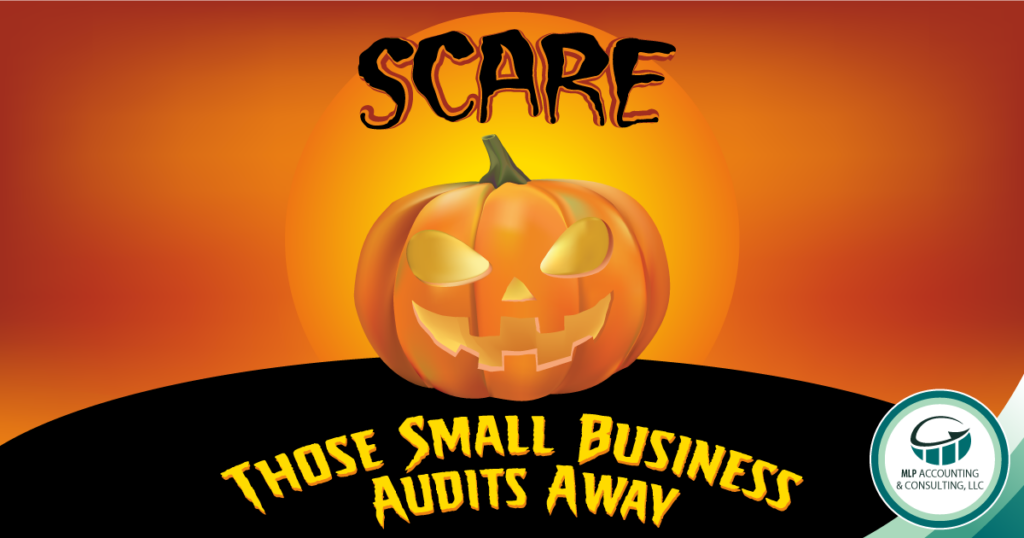The thought of an IRS Small Business Audit is sure to instill all manner of scary thoughts and dread for any owner! Audits are not a matter of if, but when.
According to Accounting Today top list of audit triggers, “smaller businesses that are structured as sole proprietorships or partnerships are commonly targeted by state revenue authorities for sales and use tax audits.” The IRS knows that small business owners often don’t have the resources and processes to track their tax procedures as closely as they should. Never fear; we provide the resources your business needs to avoid top audit triggers.
When the IRS conducts an audit, they will compare what you reported on your tax return with your true business operations and revenue. Click here for an example of the types of records that an IRS auditor may request. Generally, audits will consist of the prior three tax years, but they can request records for up to six years.
Reminders and tips to proactively prepare for an audit:
- Be sure you always keep your business expenses and personal expenses separate. Use separate credit cards, debit cards, bank accounts, etc.
- Maintain records of expenses that aren’t “clear cut.” Include what the purchase was and its purpose. Auditors will disallow purchases if they find an incorrect example during the audit.
- Be conscientious of how you report travel, meals and entertainment deductions. Fox Business highlights several key reminders here, when you allocate these related expenses.
We can’t guarantee that your business won’t face an audit. However, we can help you proactively prepare for any audit challenge that comes your way. Schedule a consultation today!



